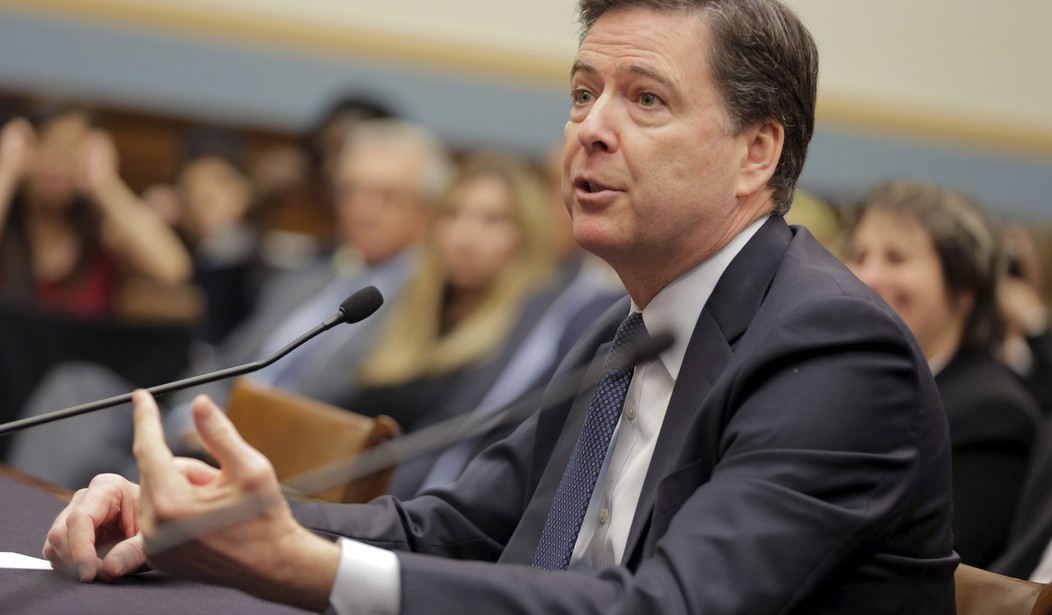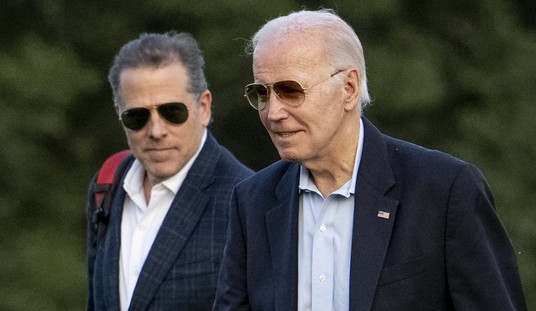I have never been a fan of the notion – at the Justice Department, it is the received wisdom – that the election calendar should factor into criminal investigations.
Law-enforcement people will tell you that taking action too close to Election Day can affect the outcome of the vote; therefore, it should not be done because law enforcement is supposed to be apolitical. But of course, not taking action one would take but for the political timing is as political as it gets. To my mind, it is more political because the negatively affected candidate is denied any opportunity to rebut the law-enforcement action publicly.
The unavoidable fact of the matter is that, through no fault of law enforcement, investigations of political corruption are inherently political. Thus, I’ve always thought the best thing to do is bring the case when it’s ready, don’t bring it if it’s not ready, and don’t worry about the calendar any more than is required by the principle of avoiding the appearance of impropriety.
A problem arises, however, when you start bending other rules. FBI Director James Comey bent a few of them when he decided to (a) make a public recommendation against prosecution, (b) nevertheless make a public disclosure of the evidence amassed by the FBI, and (c) include a public announcement that the investigation was closed.
All of this is highly irregular. Director Comey says he is “a big fan of transparency,” and aren’t we all? But transparency is like virtually everything else we applaud: it is not an absolute value; it has its place and its limitations.
Criminal investigations are not supposed to be transparent. There are very good reasons why, for example, grand jury proceedings are secret. They are the same good reasons why the FBI generally protects the identity of sources of information. If people come to believe their cooperation with law enforcement is inevitably going to result in the publicizing of their communications with agents or their testimony in the grand jury – even if there is no indictment or trial – then they are going to be considerably less cooperative.
That would significantly harm the mission of law enforcement. That, in turn, would badly damage the rule of law.
For these reasons, the common adage when I worked in the U.S. attorney’s office was: “The government speaks in court.” The idea is that it is not the business of the Justice Department and the FBI to convict people in the court of public opinion; we speak only when we are ready to put our money where our mouth is by charging someone publicly in a court of law. Unless and until charges are filed, zip it: Don’t confirm or deny the existence of an investigation, don’t publicly identify targets, subjects or witnesses, and don’t describe the evidence that has been gathered.
Obviously, Justice Department lawyers and top FBI officials are no wallflowers. I grew up under Rudy Giuliani, who was masterful at publicizing the work of the prosecutor’s office. But even then, public commentary was supposed to be limited to what was on the public record. Efforts were made to protect – to the extent due process allowed – the identity of cooperating witnesses. The public discussion of uncharged crimes was avoided.
Director Comey departed from these guidelines in the Clinton investigation, rationalizing that the probe was a matter of great public concern. But many criminal investigations are matters of great public concern. That doesn’t mean law enforcement holds press conferences to outline the evidence that has not resulted in the filing of criminal charges. Since Americans are presumed innocent in our system, there is no reason to clear them publicly. They are “cleared” by the happenstance that they are not charged.
And now we see the fallout of bending the rules: you end up having to keep bending them. Because Comey went public when he did not have to, he created an expectation – perhaps even an obligation, which is certainly how he sees it – that if circumstances changed, he would have to amend or supplement the record.
As a result, everyone is up in arms: the people (like moi) who believe there was more than enough evidence to indict are upset by the lack of charges and breaks given to the politically connected that no one else would get; and now the Clinton supporters who breathed an undeserved sigh of relief in July when the case was “closed” (something they had no right to know) are upset that the case is not closed – with all the innuendo its “reopening” entails.
The rules of law-enforcement discretion are hard to follow when the public, the Congress, and the media are clamoring for information. But the rules are there for a reason.








Join the conversation as a VIP Member